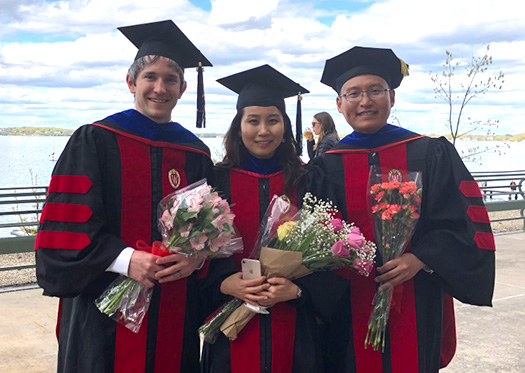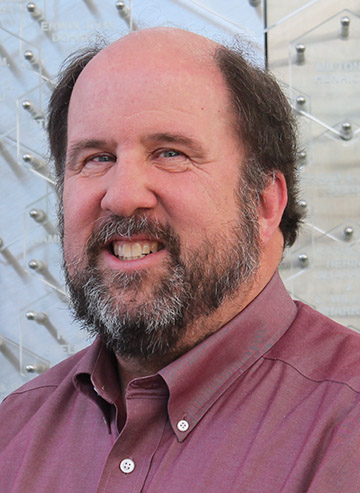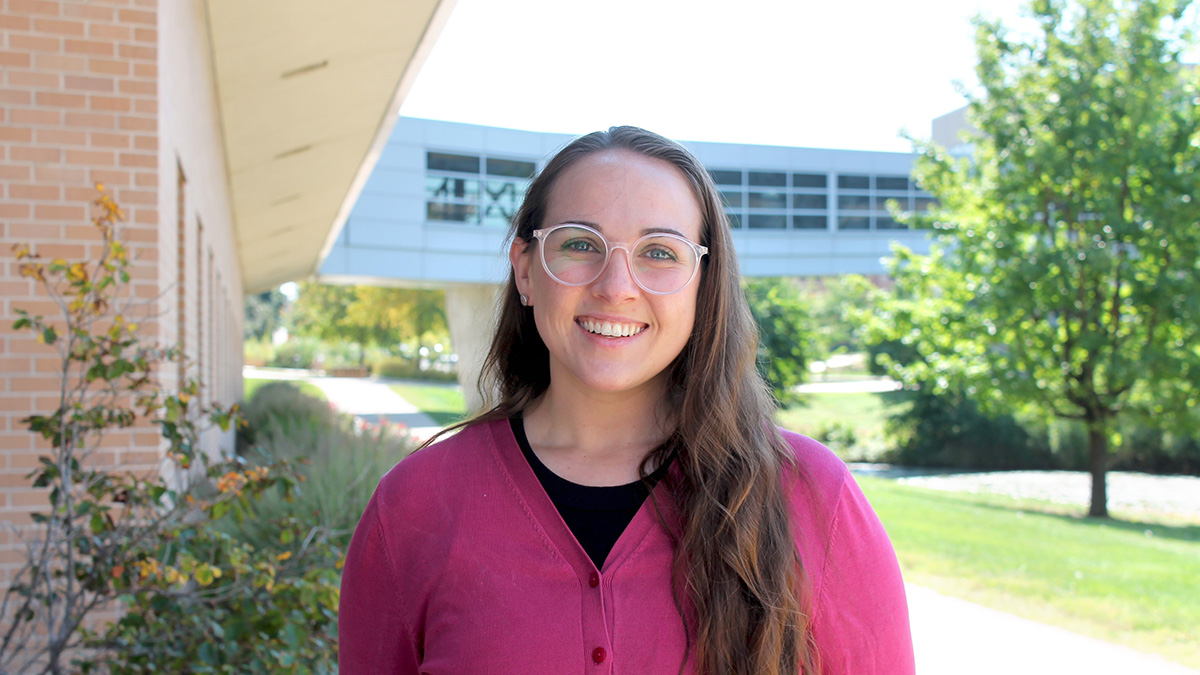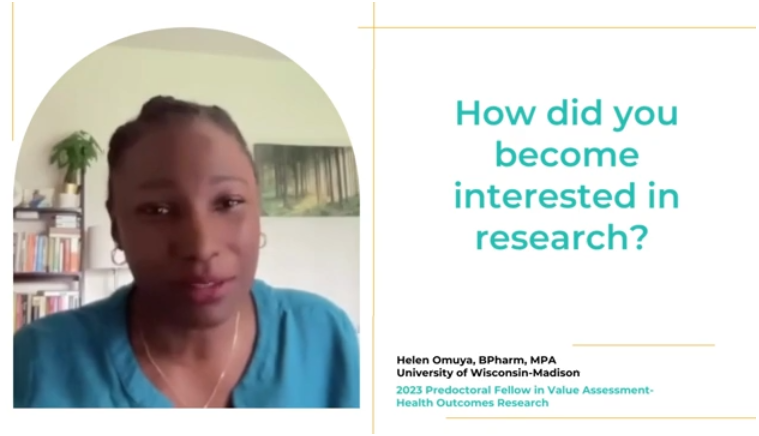Health Services Research in Pharmacy – MS/PhD
The Health Services Research in Pharmacy (HSRP) Master’s and PhD program has a singular focus on improving medication outcomes. The program is designed to provide rigorous, interdisciplinary training for theory-based research in improving patient outcomes, including knowledge and understanding of medication use, patient and provider communication and behaviors, patient safety, and healthcare systems.
The program prepares the next generation of health services researchers to best meet the needs of patients and the communities in which they live. By integrating knowledge of pharmacy and pharmaceuticals with theories and concepts from the social and management sciences, medicine, epidemiology, history, and economics, the HSRP PhD at UW–Madison delivers a program rich in both depth and breadth, giving graduates the tools to design and shape the future of health care delivery. The program is nationally recognized for its areas of research expertise and world-renowned faculty in the School of Pharmacy’s Social and Administrative Sciences Division.
HSRP Expands Core Research Skills

Learn how the HSRP program is enhancing the curriculum with more hands-on experience »
Welcome Message
I welcome your interest in graduate study in Health Services Research in Pharmacy (HSRP) at UW–Madison. This is an exciting time in the field of Health Services Research. There is growing recognition of the value of an interdisciplinary approach in addressing important medication use problems. In the HSRP program at UW–Madison, we develop, implement, evaluate and/or disseminate approaches to improve the safe use of medications. Graduate study in Health Services Research in Pharmacy at UW–Madison combines advanced coursework with an intensive research experience, that culminates in a dissertation.
We seek graduate student scholars of the highest caliber who are innovative and motivated to develop a course of study that reflects the areas of expertise they wish to pursue in graduate school. Being a major global research university, graduate students have access to a plethora of world-renowned scientists across all departments of campus while conducting graduate coursework and research.
I invite you to investigate our graduate faculty and their research interests. If you have questions or would like further information about faculty research direction and interests, feel free to contact those faculty members directly as listed in the faculty directory.
Our UW community strongly encourages applications from women, racial and ethnic minorities, and other individuals who are underrepresented in the chemical sciences, across color, creed, race, ethnic and national origin, physical ability, gender and sexual identity, or any other legally protected basis.
For more information about the application process, prerequisites and program requirements, testing, timing, etc., consider exploring this HSRP Admissions section. If you have additional questions, I encourage you to contact with the School of Pharmacy Graduate Program Coordinator at gradadmissions@pharmacy.wisc.edu.
I wish you the best of luck as you investigate the possibilities for graduate study in Health Services Research in Pharmacy at UW–Madison.

Sincerely,
Jay Ford, PhD
Director of Graduate Studies
Health Services Research in Pharmacy PhD Program
6 Reasons to Choose HSRP at UW–Madison
When cutting-edge flexibility and interdisciplinarity are combined with more than a century of global distinction.
- 1Competitive Funding and Financial Support
The majority of graduate students in the HSRP program are funded with TA/RA positions, including a stipend of approximately $2,000 per month with tuition waiver.
- 2Fellowships and Awards
More financial support is available through the Weiderholt Distinguished Fellowship, the Sonderegger Fellowship, and the Sonderegger Research Center Dissertator Awards.
- 3Travel Support
Professional development is a cornerstone of the HSRP program, and students are funded up to $1,000 each year to present at conferences.
- 4Research Training in an Academic Environment
Students in the HSRP graduate programs have all the advantages of studying at a world-class institution that is UW–Madison, a national research powerhouse with over $1 billion in annual research expenditures. Courses taken from a wide range of academic units on campus provide access to top faculty and researchers.
- 5Strong Job Placement
The HSRP program has a consistent and successful track record in placing graduates in tenure-track positions in research intensive academic institutions, competitive postdoctoral fellowships, the pharmaceutical industry, managed care, nonprofits, and government agencies.
- 6Flexible Program Customized to Your Interests
The HSRP program has considerable flexibility and can be tailored to the interests of individual students. Since the program faculty have a broad range of knowledge and expertise, students can specialize in diverse areas of emphasis. In the past, our students have graduated with doctoral minor/concentration in the following fields:

HSRP Graduate Student Success
Breathing New Life into Rural COPD Care

HSRP graduate student Sara Hernandez pilots a pharmacist-led program to improve chronic obstructive pulmonary disease (COPD) care and outcomes in rural Wisconsin.
Evaluating WI pharmacists’ impact on Paxlovid access during the pandemic

HSRP doctoral student Sura AlMahasis explores the experiences of Wisconsin pharmacists who prescribed Paxlovid during the Covid-19 pandemic.
Medication Deprescribing Interventions for Veterans

Helen Omuya received a 2023 PhRMA Foundation Predoctoral Fellowship in Value Assessment-Health Outcomes Research for her work with the Dept. of Veterans Affairs health system on creating tools that enable health care providers to help patients safely go off medications.
Questions about our program?
Check our FAQ page for detailed answers to common questions